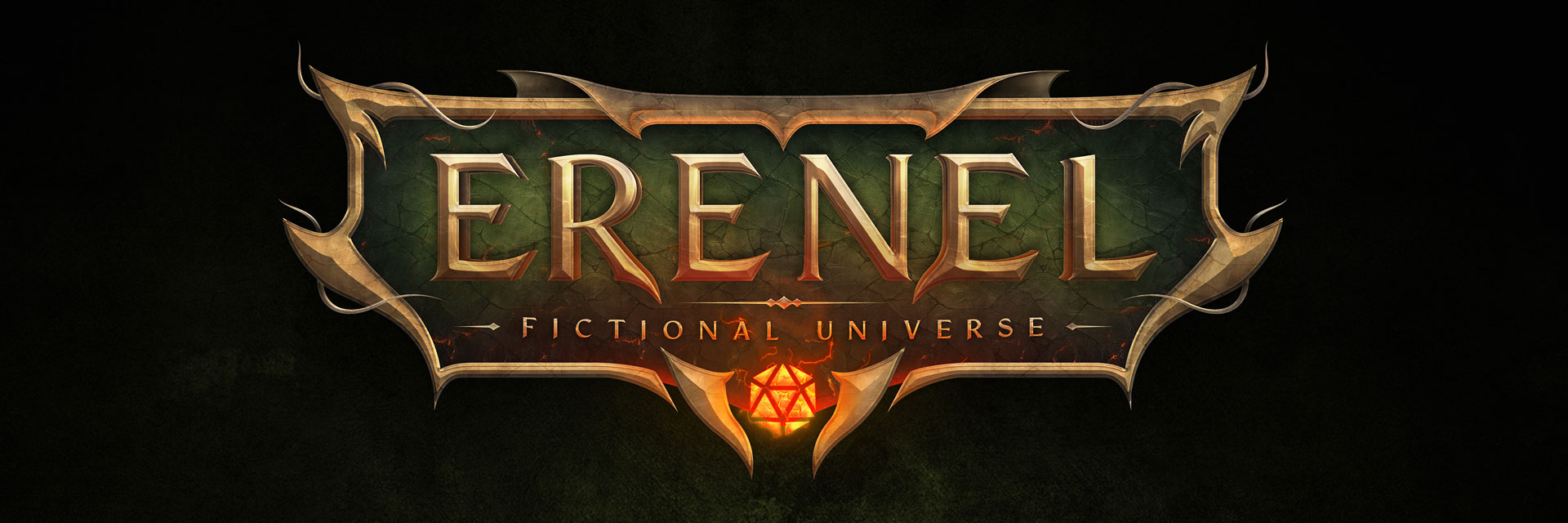Osloru
I am Osloru. I have adapted to the harsh Oyudanyi, so thick with jungle growth you can travel from tree branch to tree branch for miles without touching the ground. Our lands are not ruled by men but by great beasts reaching up towards the treetops.Osloru tend to live in small tribal villages scattered throughout the jungles. Most villages will only allow one powerful tetherer, typically viewed as a witch doctor or village elder. Osloru tend to show disdain for tethering and the magical arts and feel as if tethering is too powerful for mortals to understand. Osloru are tall with ebony skin, black hair and dark or hazel eyes. They have adapted to the harsh hot climates of the Oyudanyi Jungles.
Naming Traditions
Feminine names
Bati, Fipya, Joli, Mainu, Omoyala, U'lolo, Yuta
Masculine names
Atumwa, Dengo, Kwalu, Mezoar, Osaw, Selu, Zavul
Family names
Atazi, Dawa, Ekulu, Natombe, Oboko, Zuberi
Culture
Shared customary codes and values
As a whole, most Osloru are simple people and distrusting of power and wealth. If a valuable item cannot be carried on a person it is often considered not worth owning and buried or left behind.
All Osloru respect the many large reptiles and dinosaurs roaming the Oyudanyi Jungle. Many clans will revere and and worship a particular breed and thank them for their food and hides.
Common Dress code
Osloru dress in light, colorful clothing appropriate for the tropical climate. Many seldom wear armor because of the heat but use tough reptilian hides for protection when necessary.
Art & Architecture
Most sculptures are created without the use iron and steel because metal is a rare commodity. Copper, stone and wood are much more common and the closer one finds themselves to a village the more frequent they will spot artwork.
The sculptures are meant to appease the tribal spirits or guide trackers and hunters back to the village or showing them the way to the new village grounds if the village was forced to move.
Common Customs, traditions and rituals
Osloru have an intense hatred of stealing. A popular method of crime detection is the Ukang. A village elder will boil a pot of oil, dropping a large stone into the pot. The elder will ask the suspect to attempt to retrieve the stone as an oath for proof of innocence.
The guiltless can reach to the bottom of the pot and retrieve the stone without being burnt. But when the culprit approaches the pot, it rages and boils over in a manner that even the most daring criminal would hesitate to make an attempt at retrieving the stone. The fear of being made to perform the Ukang is usually enough to disuade the immoral behavior.
It is also forbidden to do physical harm to a relative unless the relative has made an immoral act. Most relatives will be shunned and banned from the tribe if an immoral act is commited instead of punishing with physical harm.
Coming of Age Rites
Many Osloru will adopt a "totem animal" when they become of age. The type of animal ranges wildly but typically is of an animal that has deeply effected the person.
A great beast felled in a hunt, a noble pet, or a story of survival and wisdom all effect which animal the person will choose at their coming of age ceremony. At the end of the persons life, the tribe or close relatives will bury the person next to the bones of their totem animal so that they may be together in the afterlife.
Encompassed species
Related Locations

Comments